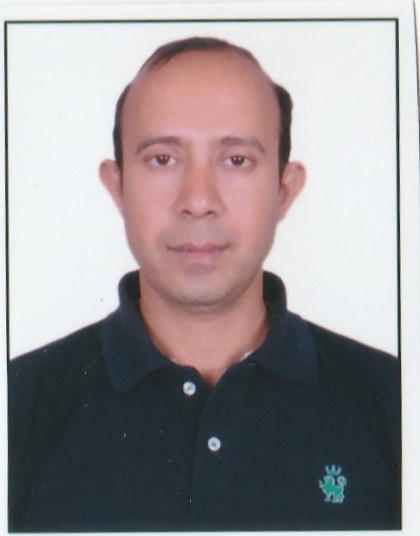Theory of Computation and Compilers
In theoretical computer science and mathematics, the theory of computation is the branch that deals with what problems can be solved on a model of computation, using an algorithm, how efficiently they can be solved or to what degree (e.g., approximate solutions versus precise ones). The field is divided into three major branches: automata theory and formal languages, computability theory, and computational complexity theory, which are linked by the question: "What are the fundamental capabilities and limitations of computers?".
In computing, a compiler is a computer program that translates computer code written in one programming language (the source language) into another language (the target language). The name "compiler" is primarily used for programs that translate source code from a high-level programming language to a low-level programming language (e.g. assembly language, object code, or machine code) to create an executable program.
Content Video
- Theory of Computation and Compilers
- Theory of Computation
- Compilers
Theory of Computation and Compilers
| Unit | Details Contents |
|---|---|
| Unit -I |
|
| Unit -II | |
| Unit -III |
|
| Unit -IV |
|
| Unit -V |
|
| Unit -VI | |
| Unit -VII | |
| Unit -VIII | |
| Unit -IX | |
| Unit -X |
|












